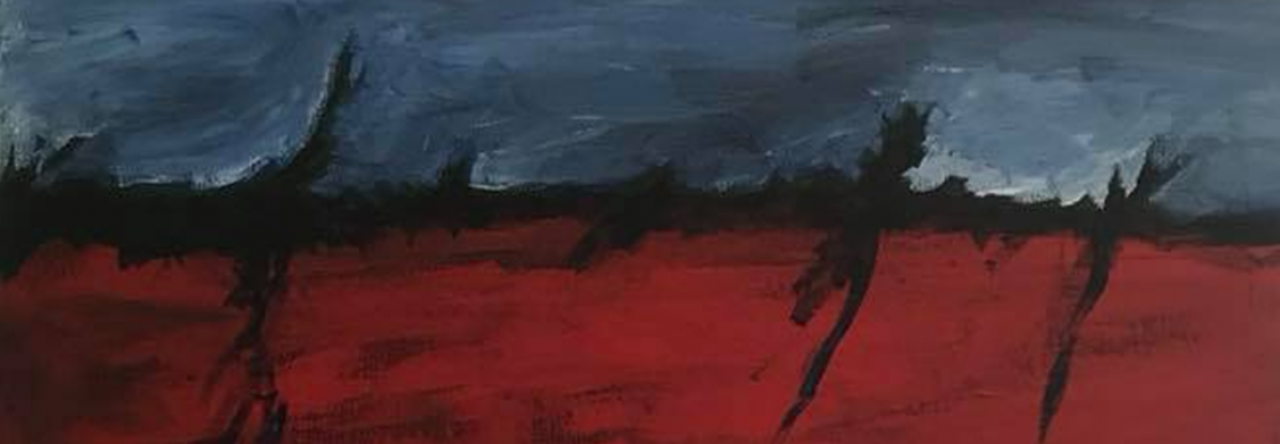
When I wrote my previous post, I mentioned two novels by the matchless Iain M. Banks from his Culture series: Consider Phlebas and especially The Player of Games. At that point, I think I had read three novels in the series. By now, though, I’m up to book eight (of nine or maybe ten, depending on how you count them). I can’t stop reading them. They’re that good. I have to revisit my whole previous post, though, to add this amazing quotation, from Matter, Book Seven in Banks’s Culture series. I’d reference the page number except that I’ve just finished reading it on my Kindle–no page numbers, but if you want to find it, it’s in Chapter 21, “Many Worlds”:
Holse, a character from a primitive planet caught up in a conflict between Optimae, higher civilizations like The Culture, comes to a realization about games:
. . .the idea that all reality might indeed be a game, . . .that all possible things had already happened, or were happening now, all together.
This [theory] alleged that life was very like a game or simulation where every possible course and outcome has already been played out, noted down and drawn up, as though on an enormous map, with the beginning of the game–before a piece has been moved or a move has been made–in the centre, and every single possible end state arranged along the outer fringe of this implausibly stupendous chart. By this comparison, all that one does in mapping out the course of one particular game is trace a path from that central Beginning of things out through more and more branches, chances and possibilities, to one of the near infinitude of Ends at the periphery.
. . . As Game, So Life. And indeed, As Game, So Entire History Of Whole Universe, Bar Nothing And Nobody.
[Holse continues to ruminate on this idea.] He immediately wondered how you could cheat.
What Holse is talking about is the so-called simulation hypothesis of existence. The main spokesperson for this view is Oxford University philosopher Nick Bostrom. Read his 2003 article, “Are You Living in a Computer Simulation?” here.
I’m working my way through the entire Culture series now. I should point out that–at least at this writing–two of the books, Inversions and The State of the Art, appear only to be available through used paperbacks. I’ve ordered them but haven’t read them yet. They are both volumes of short pieces.
The State of the Art is the title of the Culture novella in that volume, which includes a short story set in the Culture universe and another short story that may be. In the reading order, this volume of short pieces comes after Book 3, Use of Weapons, in the Culture series, making it, I guess, Culture Book 4.
Inversions is another collection of short interwoven stories, all set in the universe of The Culture. This book comes after Book 5, Excession, which makes Inversions Culture Book 6. To get Excession at all, I had to go to ibooks, although there must be a used paperback of it out there somewhere. These days, I prefer reading ebooks because my space is limited where I’m living now. I’d actually rather access books through Apple’s ibooks or Barnes and Noble’s Nook e-reader, except I’m so attached to the reading experience/eye-feel of my Kindle Paperwhite. And Kindle did not offer Excession. But Excession is the most difficult I’ve found of these books, and although I admired its ingenuity (mostly e-mail-like exchanges among a number of the sentient ships in the universe of The Culture), I can’t say I enjoyed it. I think I’d have to go off and make a meticulous chart of all the ships and then constantly refer to the chart as I read.
That said, the sentient ships and their amusing names are among the best pleasures of these novels. Elon Musk actually named several SpaceX support recovery drones after these ships: the Of Course I Still Love You, the Just Read the Instructions, and the latest, A Shortfall of Gravitas. Banks, he says, is his favorite novelist, and of course Excession is his favorite Banks. It would be.
For the full reading order, go here.
